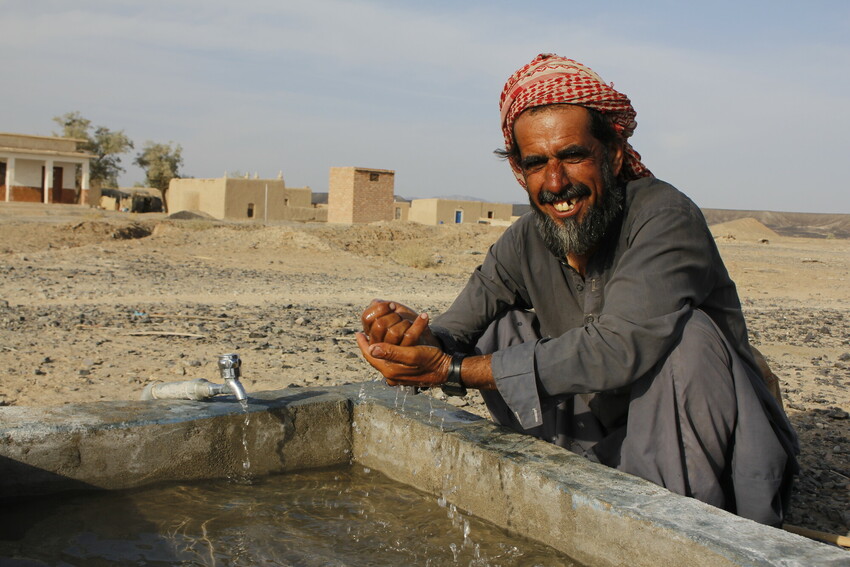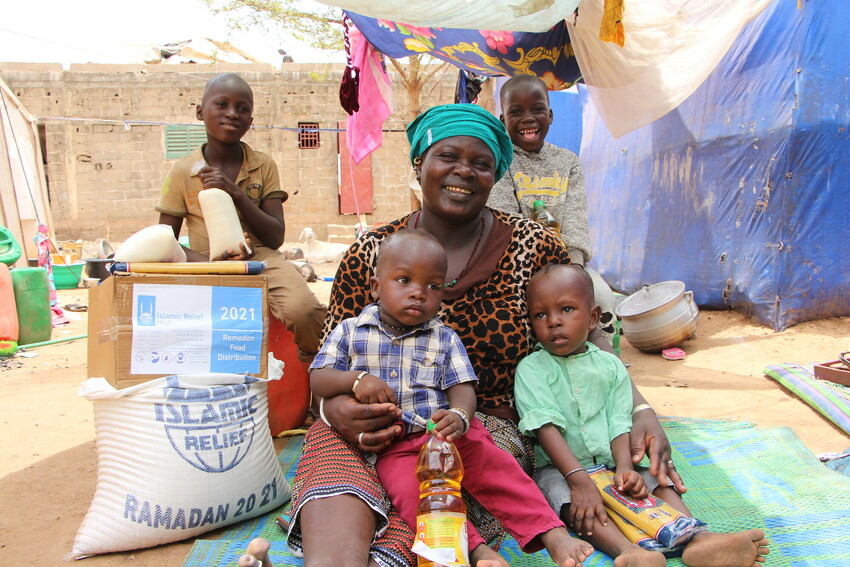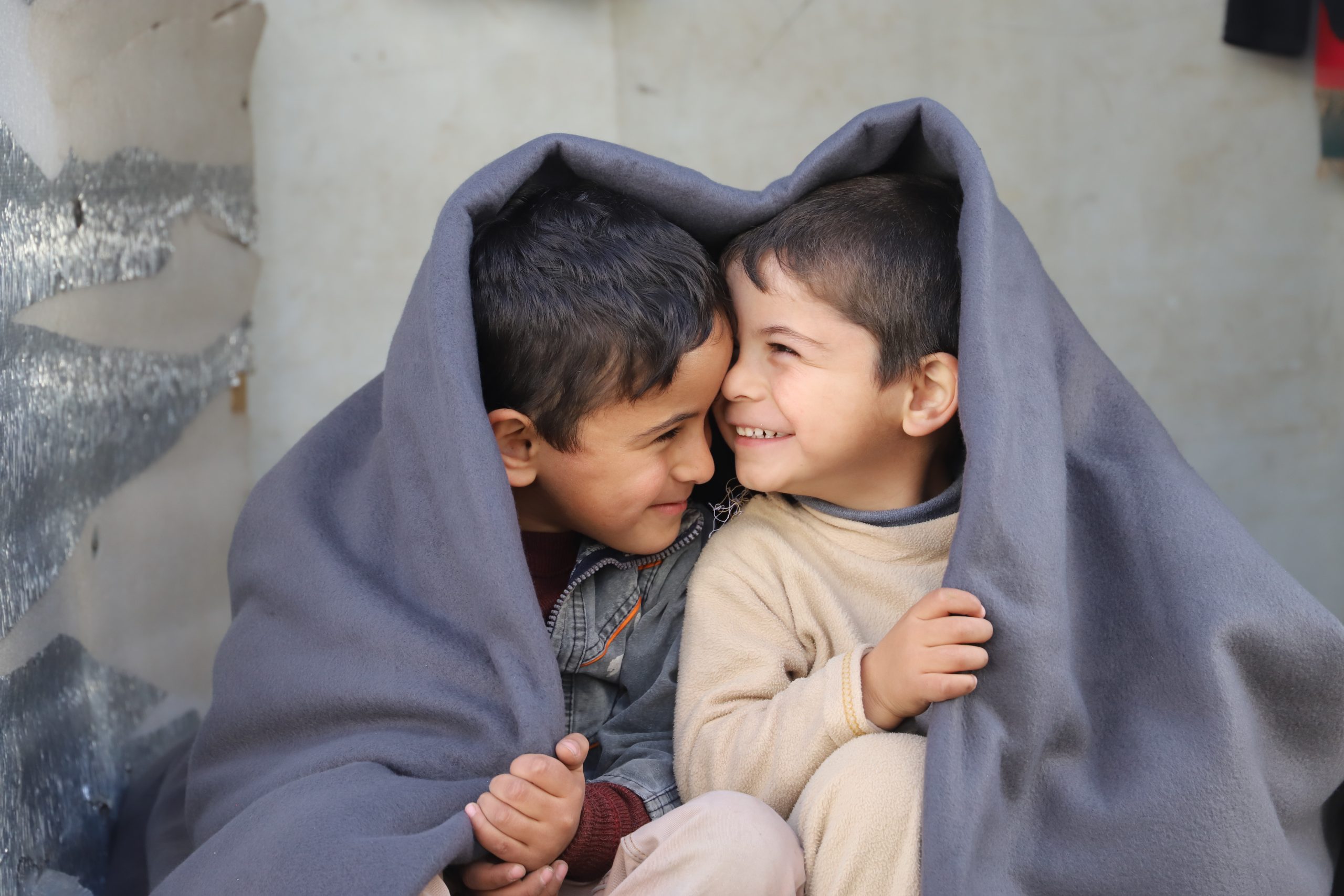Islamic Relief Worldwide has been recognised for systematically prioritising quality and accountability across our programming with recertification against a rigorous global standard for humanitarian work.
The Core Humanitarian Standard on Quality and Accountability (CHS) is made up of 9 commitments designed to ensure that charities best meet the needs of the communities they serve.
Islamic Relief is one of only 5 UK-based charities to have been certified against the coveted CHS, and to date we are the only UK-based Muslim faith-inspired charity to hold the certification.
“Islamic Relief is thrilled by the news of our recertification against the CHS, and proud of our hard-working teams globally,” Waseem Ahmad, CEO of Islamic Relief Worldwide said.

“It serves as an important reminder both internally and externally of our ongoing commitment to ensure that the communities and people we serve are systematically kept at the centre of all our activities, and that we make sure we are avoiding negative effects and upholding the highest levels of operational excellence across Islamic Relief programmes.”
Certification against the CHS is the most robust independent audit offered in the humanitarian sector.
The standard was created in 2015 by NGO coalitions Groupe URD, Sphere and the CHS Alliance following consultation with 2,000 groups and individuals working in the humanitarian and development sectors worldwide.
Our recertification this year affirms that we continue to manage our resources effectively and design programmes that create a positive impact when responding to crises and supporting communities.
Islamic Relief scores highly against all CHS commitments
The recertification followed an initial voluntary audit in 2017, prompted by our determination to improve the quality and effectiveness of our work, and will run until May 2025.
The Humanitarian Quality Assurance Initiative (HQAI) reviewed 5 of Islamic Relief’s field offices – Kenya, Somalia, Bangladesh, Jordan, and Bosnia and Herzegovina – as well as our international headquarters in the UK.
Auditors spoke to staff and members of the communities we serve to assess the compliance of our programmes to sector level quality and accountability criterions, scoring us highly against all 9 of the CHS commitments.

Notably, HQAI’s review found it unnecessary to make any Corrective Action Requests (CARs) , meaning no infringement of the commitments was identified during the assessment.
Among the audit’s findings was that Islamic Relief worked closely with local and national authorities to be able to provide services quickly and effectively to those in need, including during emergencies.
We were also found to have robust complaints and feedback systems that were well understood by the communities we work for.
The communities we serve value our programmes
Communities themselves told HQAI that our programmes are well designed to meet their needs while also being adaptable, pointing specifically to efforts made to continue offering support during the Covid-19 pandemic.
This was reinforced by HQAI’s findings that Islamic Relief, “undertakes appropriate and impartial analysis of needs and vulnerabilities and builds programmes to meet those needs.”

Affan Cheema, Director of International Programmes at Islamic Relief Worldwide, said: “It is important for us to ensure that the work we do is of high quality and the ultimate judges of that are the communities we work with, we are accountable to them.”
“In that context we welcome the CHS auditing process as it helps us validate that ambition and identify what we are doing well and areas for improvement. We look forward to further strengthening our approaches, reflecting, learning and the next CHS audit.”










